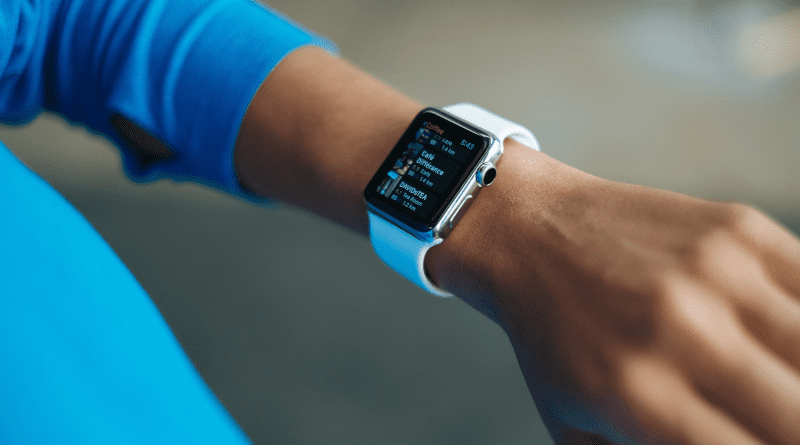Portuguese Technology To Make Next Generation Of Smartwatches More Reliable, Smarter And Cheaper
The Portuguese research association INESC TEC just sold the rights of a patent family (a procedure known as assignment) that promises to change the future of wearables. C4MIR is a technology that will help to increase the lifetime of sensors included in smartwatches or other wearable devices while reducing time production and the costs of electronic chips.
The technology was developed at the Institute for Systems and Computer Engineering, Technology and Science (INESC TEC), in partnership with the Faculty of Engineering of the University of Porto, and sold to Allied Security Trust, a global technological cooperative that gathers some of the biggest tech companies in the world, such as Alphabet (Google), Meta (former Facebook), Microsoft, Spotify, Phillips, Sony, among others.
To track information about our daily activity, like how many steps we take, how fast our heartbeat is, how fast we run or how many calories we burn, wearables must pack a set of sensors to accurately measure what we do.
However, sensors tend to lose their ability to accurately track our activity. “After some usage, and under severe conditions, i.e., sweat or frequent washing, the collected data is not as reliable as when the device left the production line”, explained the co-inventors of C4MIR Miguel Velhote Correia, José A. P. Machado da Silva and Antonio Salazar Escobar.
“Wearables are calibrated before reaching the stores, but there are no easy ways to do this after they are bought”, said the team of researchers, mentioning that, in the United States, there was even a lawsuit against Fitbit, because of the incorrect measurement of the heart rate on some of their devices.
In this context, C4MIR, which allows the self-diagnosis of sensor failures, such as poor electron contact with the skin, the degradation of circuits and other malfunctions, will improve the reliability and durability of wearables and other smart devices in diverse environments where there are no professionals available to detect and repair anomalies.
Given the efficiency introduced in accessing different modules or building parts of a heterogeneous integrated system, the C4MiR technology can be used during the final stages of the integrated electronic circuits manufacturing process, as well as over the full life-cycle of the products in which they are included. “The advantages due to easier access, better fault detection, and improved calibration, all over the products’ life-cycle, allow to reduce costs and increase reliability, both in the production phase and in the field” added the inventors.
“C4MIR is ready to be incorporated in the development of new products and services, and we believe that this technology will lead to significant changes in the tech market, having a direct impact on people’s lives, as they will have access to more reliable, smarter, and cheaper wearable devices”, stated Daniel Marques Vasconcelos, Head of INESC TEC’s Technology Licensing Office. “We are very happy to sell the patents to Allied Security Trust. The support by INESC TEC was instrumental; it comprised the identification of new opportunities to the initial R&D results of C4MIR, full support to the patent protection, including public fundraising, as well as marketing, customer prospecting and commercial assignment support, all carried out by the INESC TEC’s Technology Transfer Office. We’ve been working on this technology for seven years and it is great to see it moving to Industry, especially considering a market with so much potential to grow”, he concluded.
The competition in the tech market is fierce, and the wearable market, in particular, is expected to grow from a value of $24 billion today to $70 billion in 2025, according to a report by IDTechEx.

